
Recommendation
In this sequel to his bestseller, Predictably Irrational, Dan Ariely, a professor of psychology and behavioral economics, returns to the how and why of human beings’ inexplicable thought processes. Through a series of telling, small-scale social experiments, he attempts to quantify such unquantifiables as how satisfaction in work becomes nourished or destroyed, how people value their attractiveness and the attractiveness of others, how humans adapt to adverse or positive circumstances, and how to make pleasure more enduring and annoyances less upsetting. Those who read Ariely’s first book might have the context to better appreciate this one, but he doesn’t seem to hold anything back as he explains his traumatic physical injuries and the lessons, both painful and joyous, those experiences wrought. The author’s warm, direct, compassionate tone, and his willingness to share his frustrations and discoveries, lead getAbstract to recommend this insightful, easy-going tour of the irrational side of the human psyche.
Summary
About the Author
Dan Ariely wrote Predictably Irrational: The Hidden Forces That Shape Our Decisions.








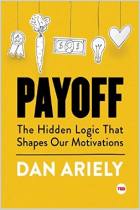
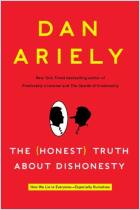
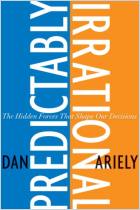
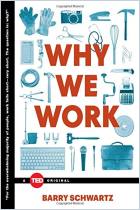
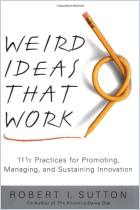
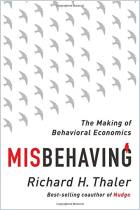
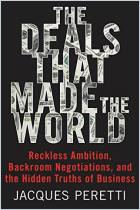
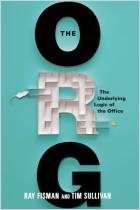
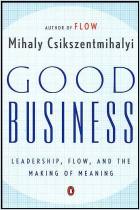


Comment on this summary or Diskussion beginnen